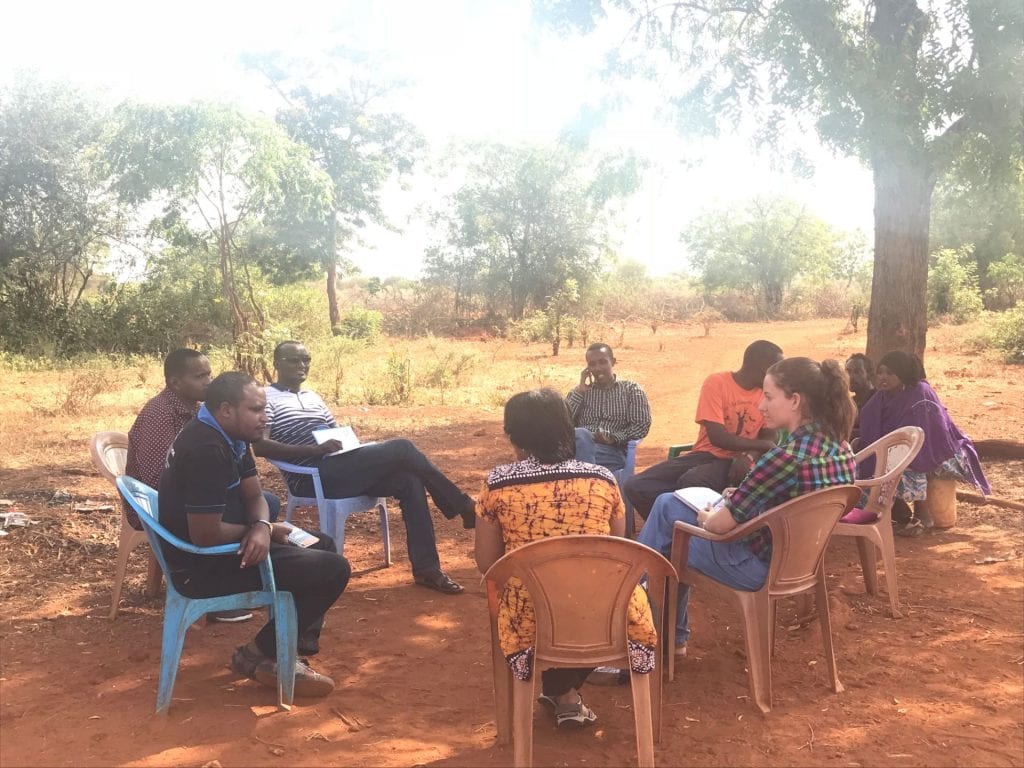Kenya: International Livestock Research Institute
 Evaluating agency and distribution models of the Index Based Livestock Insurance (IBLI)
Evaluating agency and distribution models of the Index Based Livestock Insurance (IBLI)
Organization Profile:
Index Based Livestock Insurance (IBLI) project, which is led by a team of researchers within the International Livestock Research Institute (ILRI), based in Nairobi, has been working to improve the resilience of pastoralists to drought-related losses of their key productive asset, livestock by developing and scaling IBLI. The product relies on low cost, accessible and reliable data of pasture availability through satellite imagery of the earth’s surface, to evaluate the state of the pasture and apply it to the design of an insurance product. First launched as a pilot in the Kenyan county of Marsabit in 2010, IBLI has been delivered in the market by private insurance companies and has been brought to scale across Northern Kenya and in Southern Ethiopia. See https://ibli.ilri.org/ for more details.
Faculty Adviser:
Joanna Upton, Postdoctoral Research Associate, Cornell University
Project Leaders:
- Rupsha Banerjee: Post-Doctoral Fellow – Market & Capacity Development Research & Training Specialist, ILRI
- Duncan Khalai: Market & Capacity Development Specialist, ILRI
Project Support:
- Diba Kone: Market & Capacity Development Assistant, ILRI
Project Video:
Project Location:
The Cornell SMART team, though based in Nairobi, will be spending much of its time in project sites in Marsabit, Isiolo, Wajir, Tana River, and Garissa Counties.
Task description and Goals:
Takaful Insurance of Africa (TIA) is one of the private insurance firms that sells IBLI products. TIA uses an agency structure that entails having a County coordinator who identifies lead agents for each IBLI division, who in turn is responsible for identifying ‘sub-agents’ (mostly community shop owners) at the village/ward level. These lead agents and sub-agents are trained to, preform extension related activities to potential client, sell insurance, and distribute its IBLI product. ILRI in co-ordination with TIA has recently conducted a study of the strengths and weaknesses of the existing agent structure. The study found a number of critical weakness in the current model and recommended exploring alternative models, such as leveraging existing community groups. Furthermore, the authors recommended reconsideration of the current recruitment and incentive structure, which may not be the most cost-effective or incentive compatible.
Therefore, the proposed task for the SMART team is to; Identify and perform business case evaluations of alternative TIA sales awareness and distribution models. This includes the following considerations.
- The agents’ structure
- Their recruitment process
- The accompanying incentive structure
- Contextual opportunities and constraints to implementation
Skills Requirement:
- Research, analytical and writing skills
- Enthusiastic and willing to spend a significant amount of time in the field
- Knowledge of emerging markets and about the pastoral economy would be an advantage
- Experience in conducting market research and ability to customise methods based on context
- Ability to work in a multi-cultural team, while respecting the culture and traditions of specific populations
